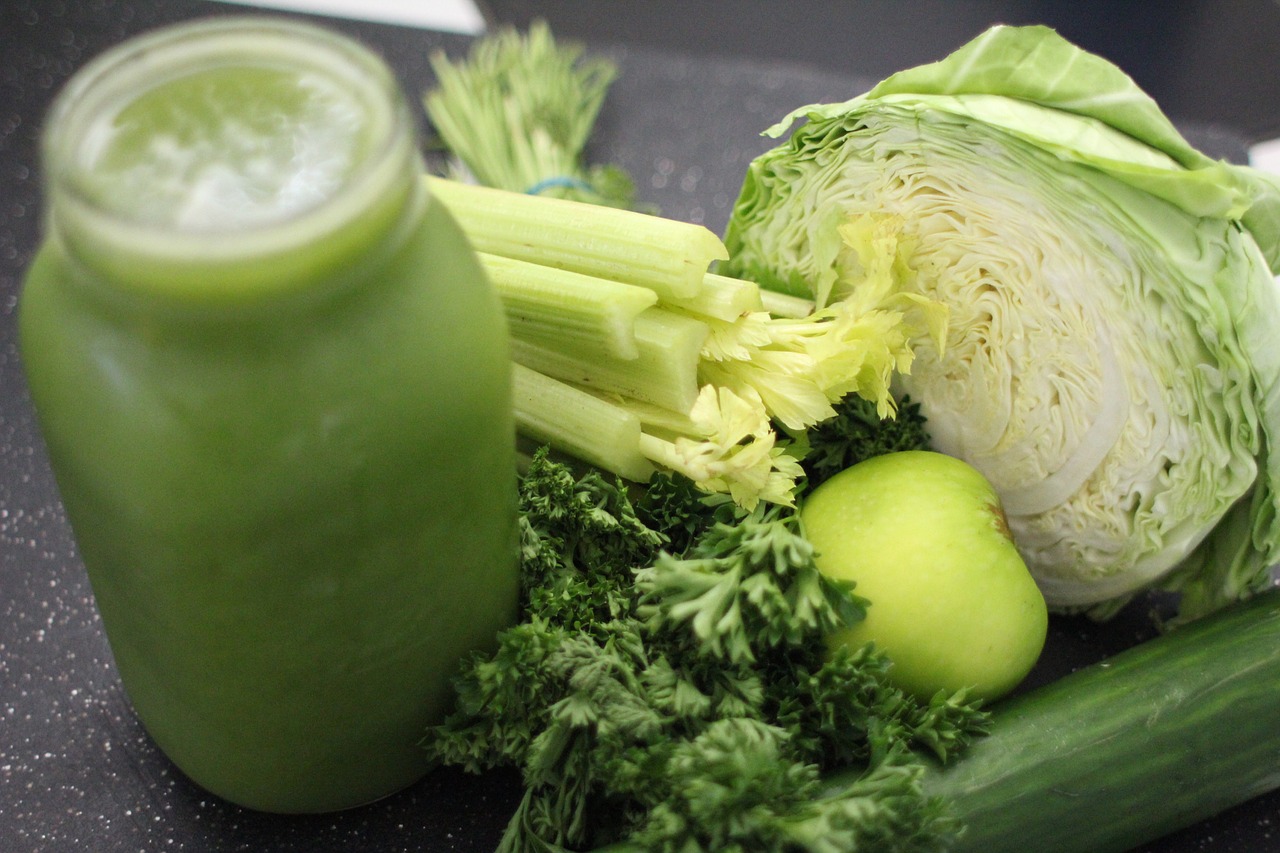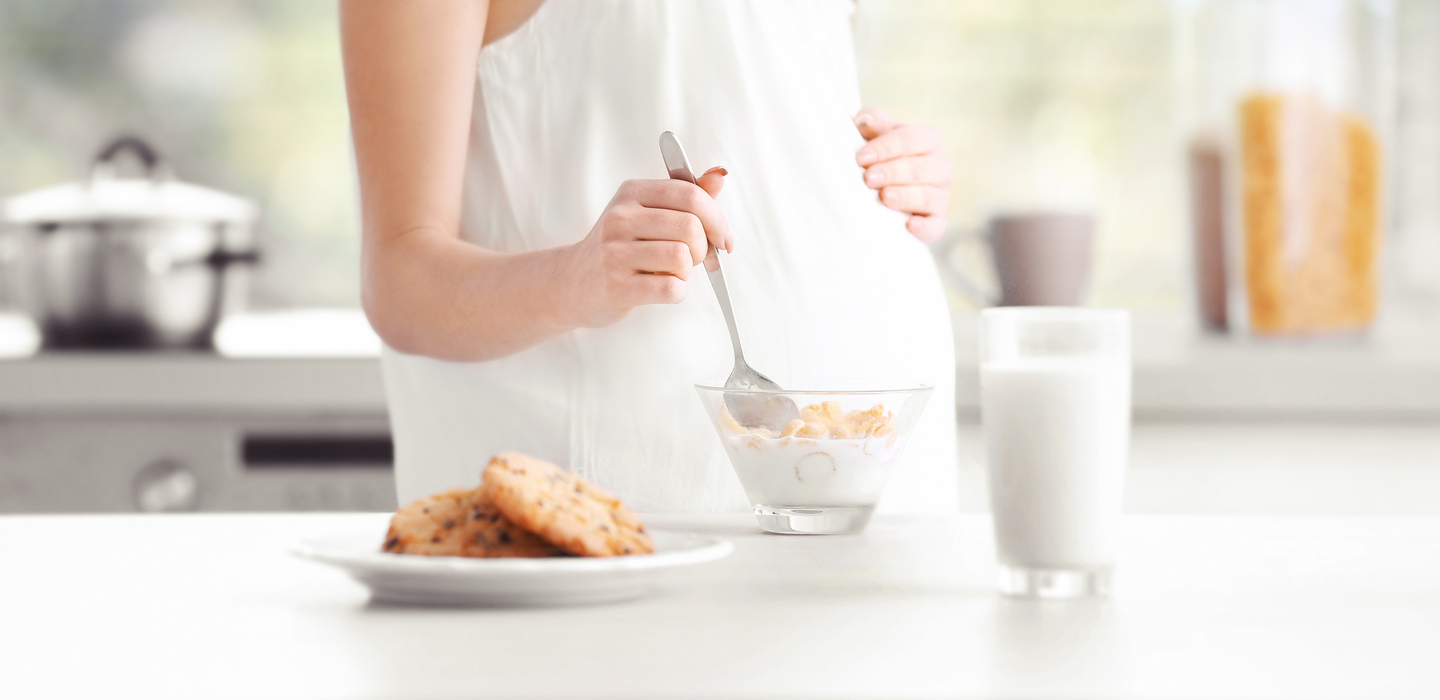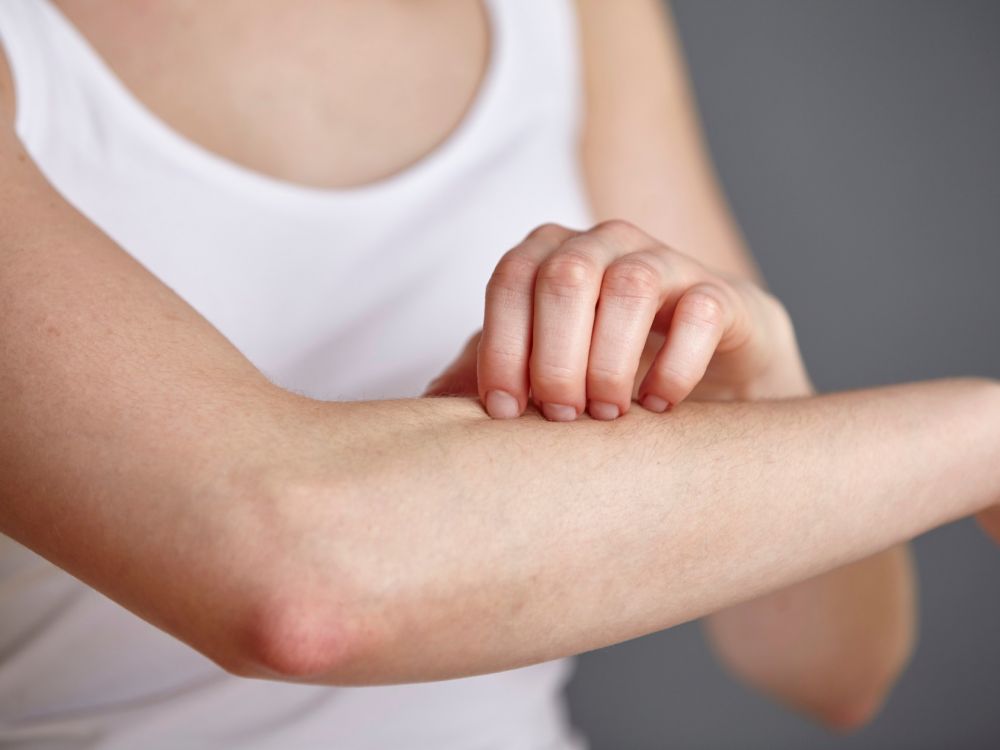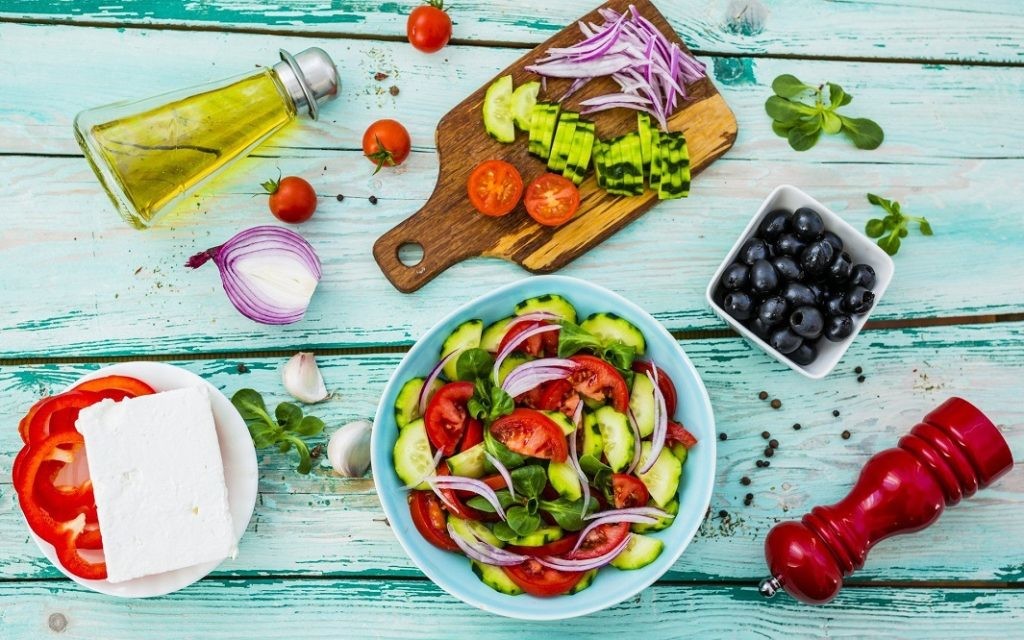Indispensable for the production of several enzymes, the vitamin B2, also known as riboflavin, is a water-soluble vitamin. First extracted from milk in 1955, it is stable to heat but sensitive to light.
The benefits of vitamin B2 on the body are so numerous that it is one of the essentials recommended in a balanced and healthy daily diet. Here's what you need to know about this vitamin.

What is vitamin B2?
Vitamin B2 is characterized by its yellow color. Not very sensitive to heat, it is, however, sensitive to light. It is one of the few vitamins manufactured by the body - the intestinal flora, but the quantity produced is not sufficient to meet the body's own needs. Small reserves also exist in the heart, liver and kidneys. But it's still important to have a substantial dietary intake to avoid any deficiencies.

Role of vitamin B2
Riboflavin plays several roles in the body. It acts as a coenzyme or enzyme prosthetic group in several redox reactions, as well as in electron transfer in respiratory chains.
Vitamin B2 promotes the release of energy by playing a direct role in the general metabolism of carbohydrates, proteins, lipids and especially in glucose oxidation.
This content is part of the guide Blooness, the guide to the ideal human diet, the summary of which you can find here 🌱🥑

It also acts at the cellular level, boosting cellular respiration by degrading food elements. Thanks to this degradation, the production of elements useful for cell function is stabilized.
Vitamin B2, involved in the production of keratin, also contributes to the maintenance of healthy skin, nails, hair and mucous membranes. It is also involved in vision mechanisms and interacts with vitamins B3 and B12. B6.
Foods rich in vitamin B2
Foods of animal origin contain high levels of vitamin B2 : offalfish, dairy products, eggs and meat. Visit vegetables are also very rich in riboflavin. Some foods, such as cereals and brewer's yeast can also provide a high percentage of vitamin B2.

Non-exhaustive list of food sources of vitamin B2
| Food | Vitamin B2 content mg/100g |
| Toasted almond | 1,2 |
| Cucumber | 0,025 |
| Cooked squid | 1,73 |
| Enriched breakfast cereals | 0,8 à 1,73 |
| Camembert cheese | 0,6 |
| Green chicory | 0,53 |
| Epoisses | 1,24 |
| Raw spinach | 0,21 |
| Emmental | 0,42 |
| Cooked veal liver | 3,1 |
| Lamb liver | 4,31 |
| Turkey liver | 2,69 |
| Dry goat cheese | 1,19 |
| Feta cheese, made from cow's milk | 0,65 |
| Cooked heifer liver | 3,4 |
| Fromage blanc with 3%MG, plain yoghurt | 0,24 à 0,26 |
| Wheat germ | 0,56 |
| Smoked herring in oil | 0,197 |
| Nutritional yeast | 4 |
| Pasteurized skim milk | 0,16 |
| Cooked lentils | 0,061 |
| Lettuce | 0,13 |
| UHT whole milk | 0,17 |
| Brewer's yeast | 4 |
| Whole sheep's milk | 0,34 |
| Smoked mackerel | 0,272 |
| Cooked whiting | 0,31 |
| Hazelnuts | 0,158 |
| Soft-boiled eggs | 0,41 |
| Hard-boiled egg | 0,51 |
| Kidneys from beef cooked | 2,97 |
| Cooked pork roast | 0,243 |
| Roquefort | 0,67 |
| Soy steak | 0,25 |
Vitamin B2 is photosensitive. To preserve it, foods should be kept away from light and in opaque containers. It is also water-soluble, which is why it is best to steam and consume the juices from meats and offal.
Recommended dietary intake of vitamin B2
An individual's nutritional requirements in vitamin B2 are mainly determined by energy expenditure.
For adult men, an intake of 1.6 mg/day is recommended, versus 1.5 mg/day for adult women. This nutritional reference is increased by 0.5 to 1.5 mg/day for athletes. Pregnant women's needs increase as a result of the risk of malformations in their offspring. Recommended intakes are 1.6mg/day for pregnant women and 1.8mg/day for nursing mothers. On the other hand, an infant's essential vitamin B2 requirements are met exclusively by breast milk.
In all cases, a healthy, balanced diet is sufficient to cover the body's daily vitamin B2 requirements.

Vitamin B2 nutritional references by age and sex
| Age/State | Nutritional reference for vitamin B2 in mg/day |
| Infant | 0,4 |
| Children aged 1 to 3 | 0,8 |
| Children aged 4 to 12 | 1 à 1,4 |
| Children aged 7 to 9 | 1,3 |
| Girls aged 10 to 12 | 1,3 |
| Boys aged 10 to 12 | 1,4 |
| Girls aged 13 to 15 | 1,4 |
| Boys aged 13 to 15 | 1,6 |
| Teenagers aged 16 to 19 | 1,4 à 1,6 |
| Men | 1,6 |
| Women | 1,5 |
| Pregnant women | 1,6 |
| Nursing mothers | 1,8 |
| Seniors | 1,6 |
Medical indications for vitamin B2
A daily dose of 20 to 30 mg of vitamin B2 is recommended in cases of proven deficiency. The medical indications for riboflavin mainly concern :
- Preventing migraines
When they are preceded or accompanied by neurological disorders, migraine attacks are generally assimilated to a dysfunction of neuronal mitochondria. Many researchers are therefore working on the potential benefits of vitamin B2 in migraine prevention.
- Cancer prevention
Because of its role in antioxidant defense, vitamin B2 is of considerable interest in cancer prevention. The hypothesis remains to be demonstrated, but satisfactory results have already been observed in Australian patients who have been developing lung cancer for 15 years.

Vitamin B2 deficiency and overdose: the risks
Vitamin B2 deficiency is rarely observed in developed countries. However, it is obvious in populations where nutritional intake is inadequate in relation to needs.
Pregnant women are the main population at risk, as their physiological needs are greater than those of the fetus. In the elderly, riboflavin deficiency is mainly due to recurrent loss of appetite.
Some vitamin B2 deficiencies may be due to excessive alcohol consumption.
The undeniable signs of vitamin B2 deficiency are: inflammation of the skin of the nose wing, inflammation of the oral mucosa, dryness and infection of the cornea.
Furthermore, overdosing on vitamin B2 poses no definite risk. Any excess is automatically eliminated in the urine.
Next chapter: vitamin B3.
Previous chapter: vitamin B1.
New: Blooness Accelerated Programs
For quick results if you are looking for
lose fat permanently,
maintain stable energy levels throughout the day,
and prevent chronic diseases.
Immediate access to the Premium Guide + all current and future programs
Limited founding rate – will soon increase to €97

